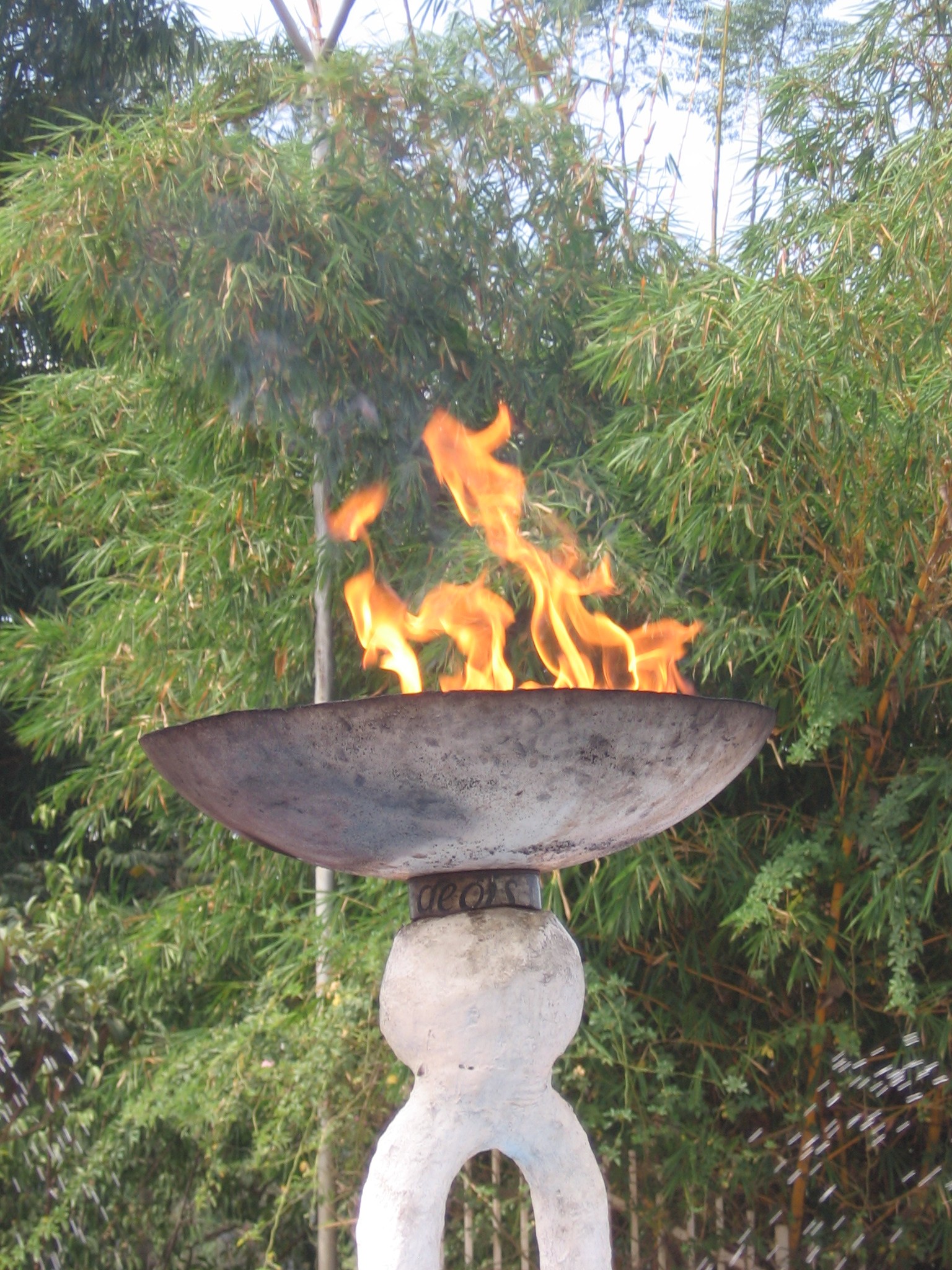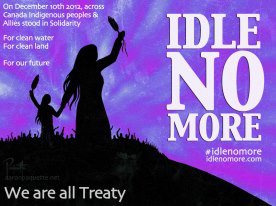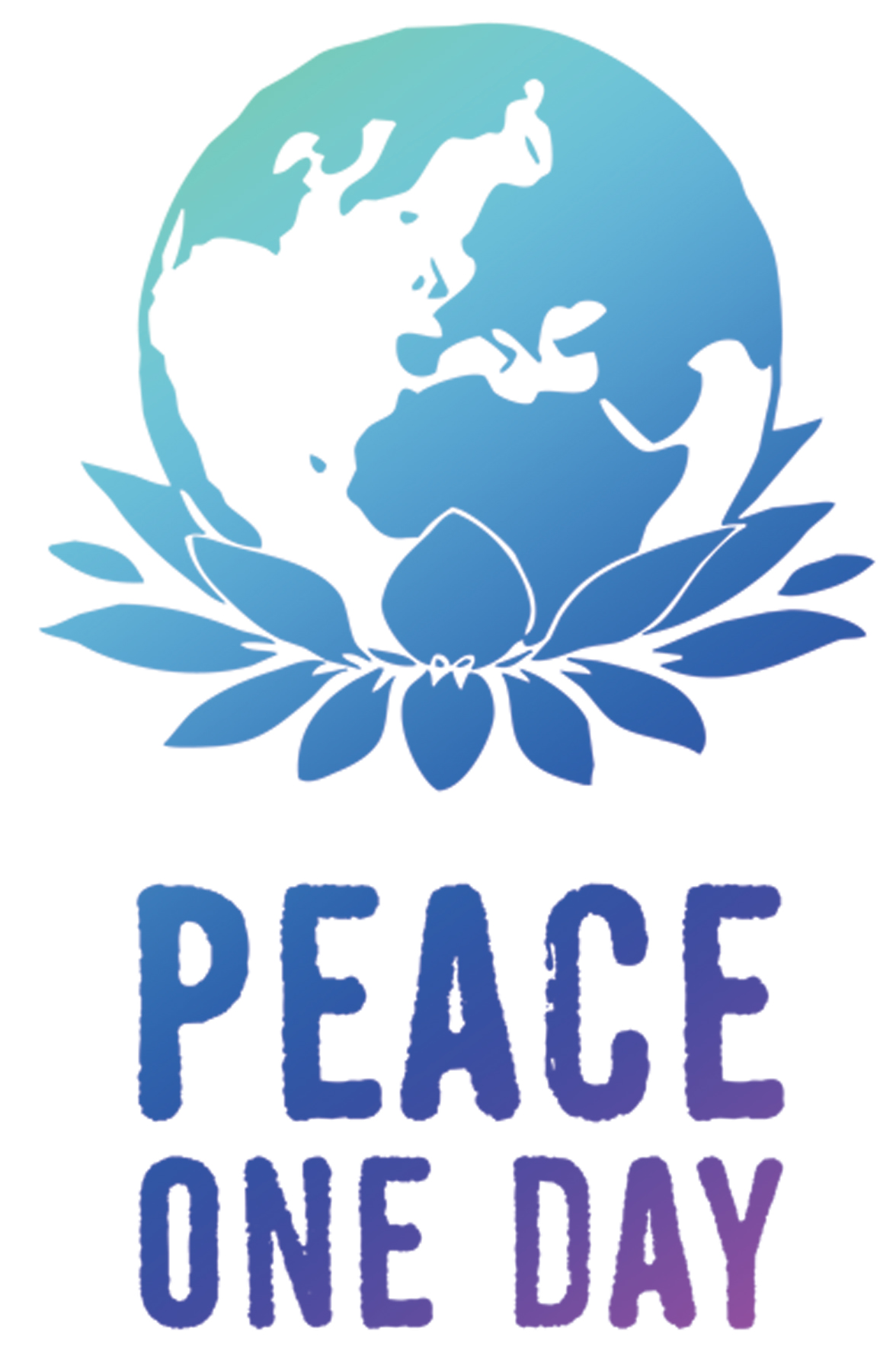Testimony, Oral History, and Human Rights Documentation:
A Conference Workshop at the University of Connecticut
Sponsored by the Human Rights Institute and the Thomas J. Dodd Research Center
Thursday, March 24 – Friday, March 25, 2011
Homer Babbidge Library, University of Connecticut, Storrs

Flame outside the Kigali Memorial Center, Kigali, Rwanda. Photograph by Valerie Love, 2009.
The first day of the conference will consist of a day-long workshop for academics and practitioners currently engaged in oral history work on human rights themes.
On the second day, selected participants will present their work to a larger audience of students, faculty, librarians, and interested members of the public. (Non-UConn affiliated attendees are requested to register.) The Thursday workshop is now full, but space is available for the Friday sessions.
Schedule for Public Presentations on Friday, March 25, 2011:
9:30 – 10:00 AM: Tea and continental breakfast
10:00 – 10:05 AM: Welcome: Valerie Love, Curator for Human Rights and Alternative Press Collections, University of Connecticut
10:05- 10:10 AM: Opening: Bruce Stave, Director, Oral History Office, University of Connecticut
10:10 – 11:00 AM: Presentation by Mary Marshall Clark, Director of the Oral History Research Office at Columbia University, and co-founder of the of the September 11, 2001 Oral History Narrative and Memory Project
11:00 AM – 12:00 PM: Presentation by Daniel Rothenberg, Professor of Practice and Executive Director, Center for Law and Global Affairs, Arizona State University, and former head of the Iraq History Project, which collected over 8,000 testimonies from Iraqis following the US invasion
12:00-1:00 PM: Lunch Break
1:00- 1:45 P.M: Presentation by Lee Ann De Reus, Associate Professor of Women’s Studies at Penn State Altoona, and 2009 Carl Wilkens Fellow with Genocide Intervention Network, who has interviewed women survivors of rape in Chad and the Democratic Republic of the Congo
1:45-2:30 P.M: Presentation by Socheata Poeuv, Founder, Khmer Legacies, which documents stories from the Cambodian genocide
2:45- 3:15 P.M: Closing: Emma Gilligan, Professor of History and Human Rights, University of Connecticut
More information is available on the Dodd Research Center’s website.




